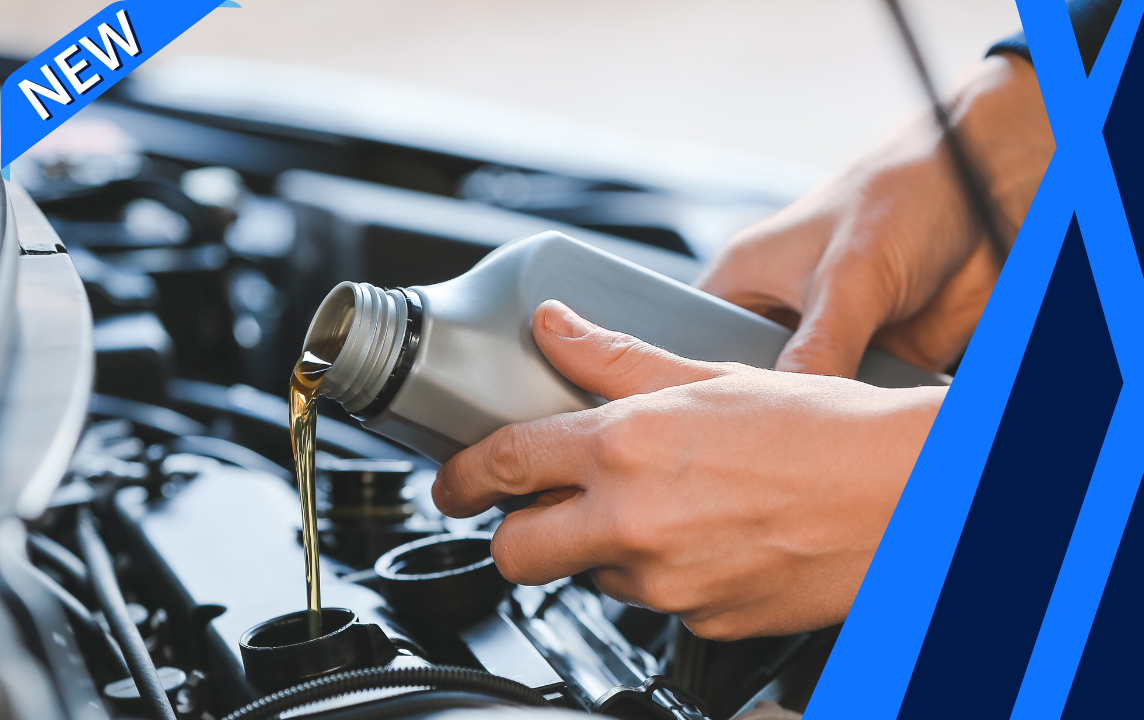Description
Temperature gauge is maxed out Inspection
How this system works:
The temperature gauge in your dash is connected to the car’s computer and from there to a temperature sensor on the engine block. The sensor measures the temperature of your car’s coolant (it uses resistance, but the actual resistance values can vary drastically from one automaker to another, and from one model to another).
The information read by the sensor is sent to the car’s computer, which adjusts the temperature gauge and also plays a role in the cooling system. Depending on the temperature level, the radiator fan will cycle on and off. As your coolant temperature rises, the needle in your temperature gauge should rise, moving from cold to normal. However, it may move all the way to hot in some cases.
Common reasons for this to happen:
- Low Coolant: The first suspected cause of your temperature gauge maxing out is low coolant. If this occurs, your engine can overheat, and serious damage can result, up to and including cracking the block. However, this isn’t the problem if the engine isn’t actually hot (the temp gauge is maxed out but there’s no abnormal levels of heat from the engine).
- Broken Temp Gauge: If the temperature gauge is maxed out but the engine isn’t actually hot, then the problem may be a broken temperature gauge. The needle may be stuck in the hot range (this can happen after overheating the engine), or a stepper gear in the gauge may be damaged.
- Failed Temp Sensor: If the temperature sensor on your engine block has failed, it may not send any information to the system, or it may send an erroneous signal, causing the gauge to rise without any actual overheating. It’s also possible that the sensor is shorting.
- Failed Thermostat: If your car’s thermostat sticks in the closed position, coolant will not fully cycle through the engine, and it will begin to overheat. Your temperature gauge will rise quickly, particularly if it is very warm outside.
- Cooling Fan Motor Failure: If the motor for your radiator cooling fan fails, it will not cycle on. This reduces the amount of airflow over the radiator, meaning that much of the heat is retained by the coolant, and it will not be able to absorb more from the engine.
- Bad Fan Switch: Another reason your radiator fan might not be working is a bad fan switch. This switch controls the cycling of your radiator fan(s), and if it fails, it can cause overheating.
- Air in System after Coolant Service: If you’ve recently had your engine coolant drained and refilled, there may be air in the system. Air bubbles can form and block coolant from cycling through the engine, causing it to overheat.
What to expect:
A professionally trained mobile mechanic will come to your home or office to inspect your car’s temperature gauge and other components. The mechanic will then provide a detailed inspection report that includes the scope and cost of the necessary repairs.
How it’s done:
The mechanic will inspect the coolant level of your vehicle and the temperature sensor and other components to determine the cause of the gauge maxing out. It may be necessary to test drive the car and verify if the engine is actually overheating, or if the problem lies with the sensor or the gauge.
How important is this service?
If your car is actually overheating, it’s a very serious problem that could quickly lead to engine-killing damage. Even if the problem is just a malfunctioning sensor or gauge, the issue is still serious, as you will have no means of observing the actual temperature of your engine coolant. One of our professional mechanics can inspect and repair your system.




